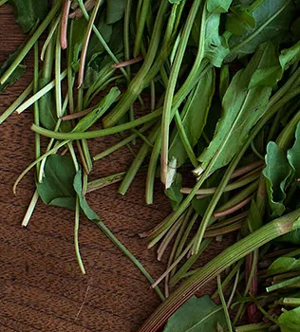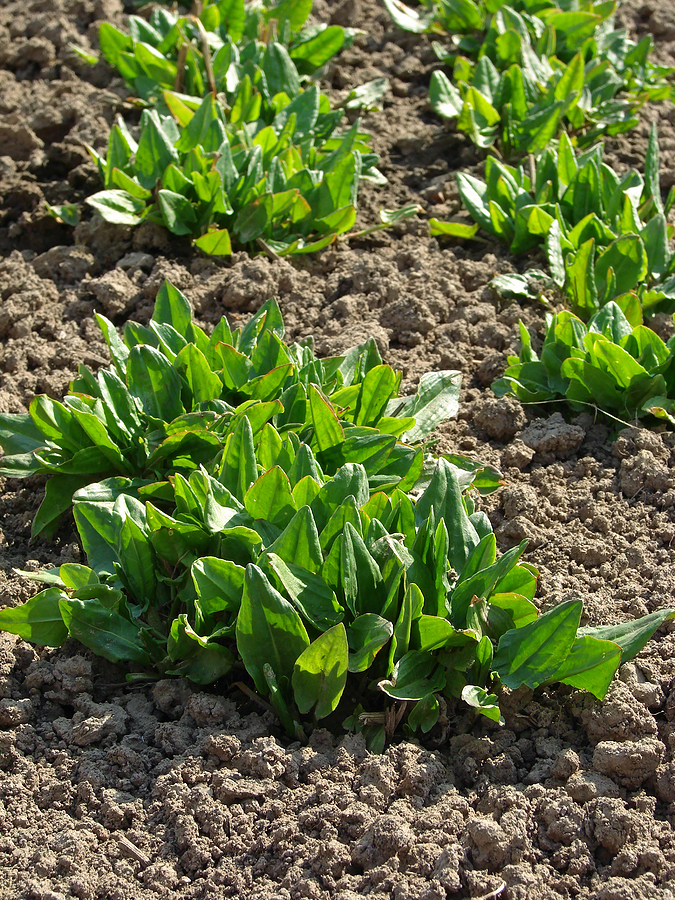Friday April 2, 2021 | VANCOUVER ISLAND, BC
by Mary P Brooke, B.Sc., Editor | Island Social Trends
Urban folks started getting into growing veggies last year during the first wave of the pandemic. For some people it was an entirely new activity. That caused a run on a wide range of gardening products — from seeds to equipment — at stores and garden centres.
Sorrel is a small edible green plant from the Polygonaceae family, which also includes buckwheat and rhubarb. It’s easy to grow (plant it, water it, and it will do its thing). You’ll look forward to picking its bright green sometimes crinkly leaves for the tangy lemony flavour it will add to salads and meat dishes.
There are three major varieties to know: broad leaf, French, and red-veined sorrel. Broad leaf sorrel has slender, arrow-shaped leaves. French or Buckler leaf sorrel has small, bell-shaped leaves, while red-veined sorrel has a slender, tapered leaf with the namesake screaming red veins throughout.
The French translation of sour (“sorrel”) is descriptive of the intense lemony tang. In Vietnamese cuisine, sorrel leaves are known as rau thom (fresh herb), and in Scotland it’s called gowkemeat.
It’s a perennial, so it usually survives the winter well and comes again in spring.
Nutrient profile:
As a dark green leafy vegetable, sorrel offers Vitamins A and C, which are antioxidants (and therefore good for the immune system). Its high potassium content helps with heart health.
It’s red spine (in some varieties) might be seen as a bit of a red flag: if you’re hoping to avoid oxalic acid in your diet, then sorrel is not for you.
Oxalic acid is a naturally occurring compound found in sturdy greens like spinach, kale, and sorrel. In the human body it binds with calcium (making the calcium unavailable for absorption from the food you eat), which is not necessarily a good thing (though adding more calcium-rich dairy products to a meal will give your calcium intake more of a fighting chance).
Have a chat with your nutrient advisor (nutritionist, naturopath, or someone who really knows their stuff at a reputable health food store) about whether oxalic acid is something for you to avoid.
===== LINKS:
Add your food or garden story to the URBAN FOOD section of Island Social Trends. Send your photos and notes to gardening@islandsocialtrends.com







